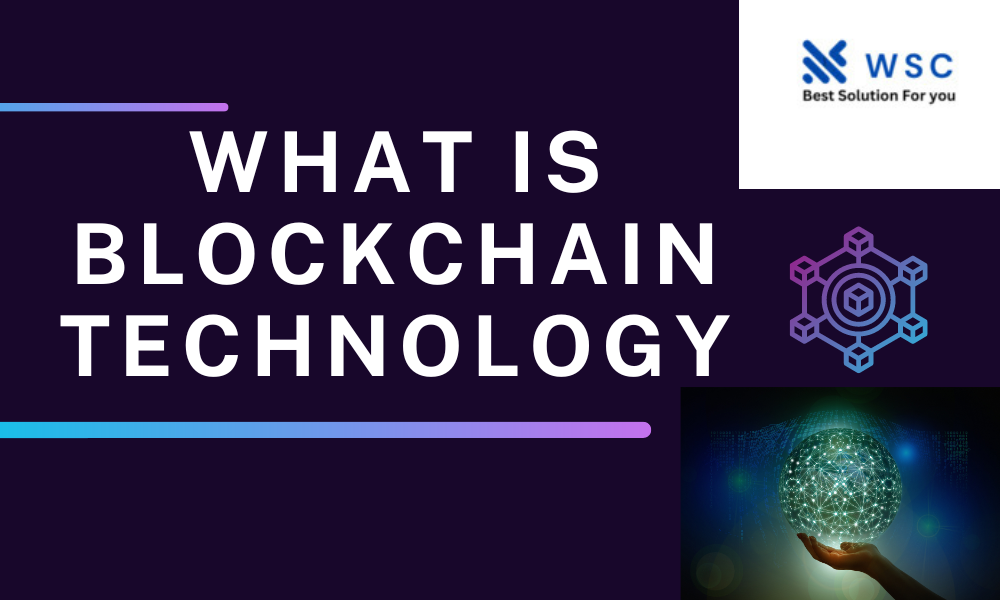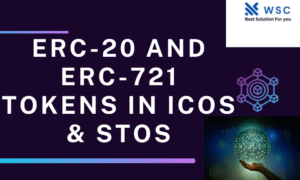Introduction:
In today’s digital age, blockchain technology has emerged as a groundbreaking innovation that has the potential to transform various industries. While it was initially introduced as the underlying technology for cryptocurrencies like Bitcoin, its applications have since extended far beyond digital currencies. In this post, we’ll dive into what blockchain technology is, how it works, and the myriad of ways it is revolutionizing the world.
What is Blockchain Technology?
Introduction
Blockchain is a decentralized and distributed ledger technology that records transactions across a network of computers. These transactions are grouped into blocks, which are then linked together in chronological order to form a chain – hence the name “blockchain.”
Blockchain operates on a decentralized network, which means that no single entity controls the data and transactions. This decentralization makes it highly resistant to censorship and fraud, promoting trust among users. Additionally, every transaction recorded on the blockchain is visible to all participants in the network, enhancing transparency. Furthermore, once a transaction is added to the blockchain, it becomes immutable and cannot be altered or deleted, ensuring the integrity of the stored data.
Blockchain technology relies on consensus mechanisms to validate and record transactions, with the two most common mechanisms being Proof of Work (PoW) and Proof of Stake (PoS). In PoW, miners solve complex mathematical puzzles to validate and add new blocks to the blockchain, requiring significant computational power and energy. In contrast, PoS relies on validators who lock up a certain amount of cryptocurrency as collateral to confirm transactions. Validators are selected to create new blocks based on their stake in the network, promoting security and efficiency.
Blockchain Applications:
Blockchain technology has found applications across various sectors, including:
- Cryptocurrencies: The most well-known use case of blockchain technology is cryptocurrencies like Bitcoin and Ethereum, which rely on blockchain to record and verify transactions.
- Supply Chain Management: Blockchain can be used to track the origin and journey of products in the supply chain, enhancing transparency and reducing fraud.
- Smart Contracts: These self-executing contracts are programmed to automatically execute when predefined conditions are met. They are used in various fields, such as legal agreements and financial transactions.
- Healthcare: Blockchain can secure and streamline the sharing of patient data among healthcare providers while ensuring patient privacy.
- Voting Systems: Blockchain can create secure and transparent voting systems, reducing the risk of election fraud.
Conclusion:
Blockchain technology represents a fundamental shift in how we store, verify, and exchange data and value. Its decentralized, transparent, and immutable nature holds great promise for enhancing trust, security, and efficiency across a wide range of industries. As the technology continues to evolve, we can expect to see even more innovative applications that will reshape the way we interact with digital systems and each other.
Check our tools website Word count
Check our tools website check More tutorial





International concern, excess deaths – YouTube https://linkdirectory.at/detail/international-concern-excess-deaths-youtube
Advantages of Bitcoin Cash https://bchforeveryone.net
Where people die – Harvard Health https://linkdirectory.at/detail/where-people-die-harvard-health
Celery – https://wiki.electroncash.de/wiki/Celery